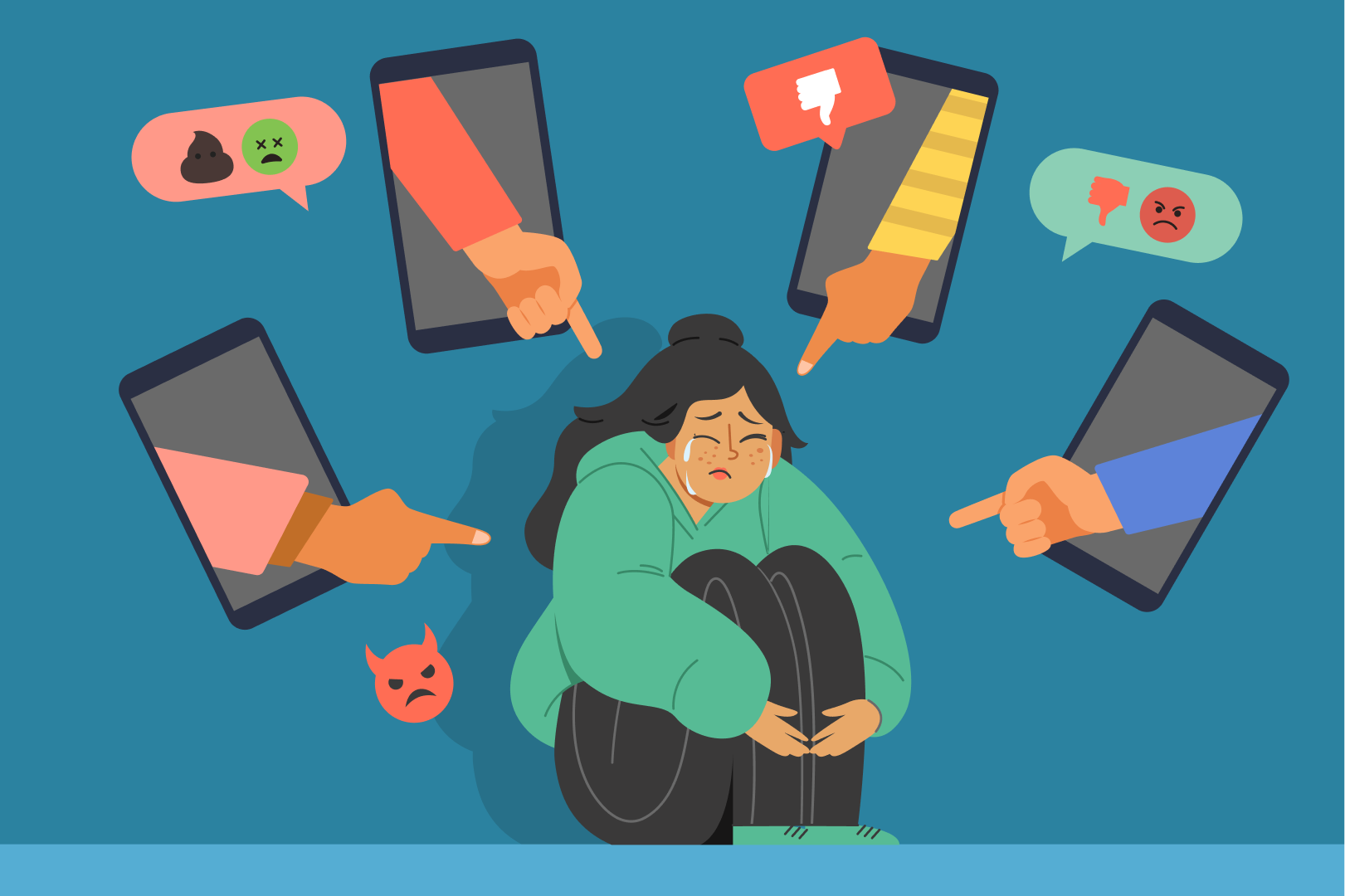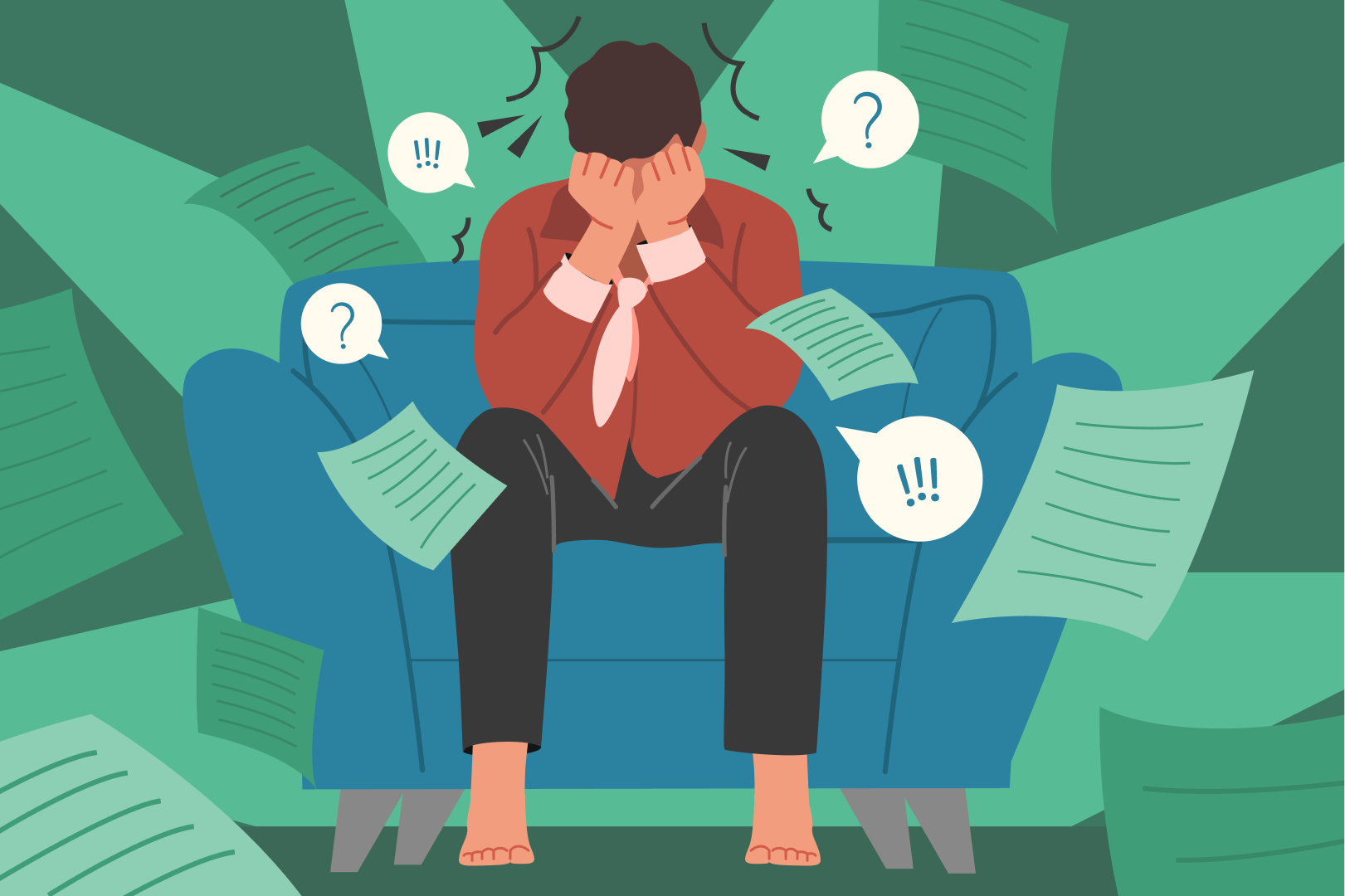Body image is just the way you think about your physical self. Healthy body image is when you feel relaxed about your body, whereas unhealthy body image is when you think about your body in a negative way. If you have unhealthy body image, that’s okay. There are ways to help; the first step is just to figure out what’s causing it in the first place.
What do ‘healthy’ and ‘unhealthy’ body image mean?
Healthy body image is about feeling comfortable in your own skin
- Feeling happy most of the time with the way you look.
- Feeling good about yourself.
- Valuing yourself by who you are, not by what you look like.
Unhealthy or negative body image is believing your body isn’t good enough
- Thinking that you look too fat.
- Feeling like you’re not pretty enough or muscular enough.
- Believing that your looks determine your value as a person.
- Fixating on trying to change your body shape.
What is body image?
Your body image is how and what you think and feel about your body. It includes the picture of your body that you have in your mind, which might or might not match your body’s actual shape and size. A positive or healthy body image is feeling happy and satisfied with your body, as well as being comfortable with and accepting the way you look.
A negative or unhealthy body image is feeling unhappy with the way you look. People who feel like this often want to change their body size or shape. Body image can change through your lifetime.
A healthy body image is important. When you feel good about your body, you’re more likely to have good self-esteem and mental health as well as a balanced attitude to eating and physical activity.
Teenage body image concerns: signs to watch out for It’s normal for you to be conscious of your body and want to lead a healthy lifestyle. But there are some signs if you are focusing too much on your body. You might seem to have anxiety and stress about how you look.This might show as:
criticising your body – for example, you might think or say that you are ugly
continually comparing your body with others
not wanting to leave the house because of the way you look
not doing activities or trying new things because of the way you feels about your body
obsessing about losing weight, or about specific parts of his body, like face or legs
spending lots of time looking in the mirror or taking photos and looking for changes or imperfections
linking food with feelings of guilt, shame or blame.
Effects of unhealthy teenage body image
Unhealthy teenage body image is directly related to low self-esteem, which can lead to negative moods and mood swings.
Young people who are feeling down are more likely to focus on the negative messages around them and make negative comparisons between their bodies and what they see as ‘ideal’ bodies. Low self-esteem and poor body image are risk factors for the development of risky weight loss strategies, eating disorders and mental health disorders like depression.
Boys, girls, men and women can all be affected by body image issues, but in different ways. For example, teenage girls who don’t like their bodies often want to lose weight and be thinner. Teenage boys want to lose weight, be taller or have more muscles.
Negative teenage body image: risk factors
Some children are more likely than others to feel unhappy about their bodies. Children might be more at risk of developing an unhealthy body image if they:
feel pressure from family, peers or media to fit into a narrow idea of beauty
have a different body shape or weight from their peers or from ‘ideal’ shapes in the media
are perfectionists
look at themselves from the ‘outside’ and worry about how others see them
compare themselves to others
have low self-esteem or experience symptoms of depression
belong to a friendship, sport or dance group that emphasises a certain body type
have physical disabilities.
Teenage children in general, teenage girls in particular and young people who are overweight are also more likely to feel negative about their bodies or have an unhealthy body image.
Teen girls report that social media has the biggest impact on how they feel about their bodies, rather than looking in the mirror, their health, or how their clothes fit. Social expectations override their confidence and intuition. Their friends have less input than influencers that they follow who dictate what their body should look like and how they should treat it. Research suggests that time spent on social networking sites is associated with body image issues and disordered eating in teen girls. 88% of girls say they compare themselves to images in the media and half claim that they feel negatively affected by this.
Origins of Low Self-Esteem
Teen girls are the biggest users of social media platforms as a way to communicate with others and cultivate an online identity. Whether they directly see comments about their appearance, they form ideas about their ideal body and feel pressure to eat healthier. While a healthy diet is associated with better physical health, many teen girls take nutrition guidelines to the extreme, which assigns shame and guilt to certain foods that can be enjoyed in moderation. Studies show that girls who share more photos online and use photoshop to edit their pictures feel worse about their appearance and exhibit greater eating concerns, which can include restricting their intake, removing certain food groups, or overeating to cope with negative body image and low self esteem. The relationship between body image in teen girls and self esteem suggests that building confidence leads to reduced anxiety and depression, rather than changing what you eat.
Why do I feel negative about my body, and what can I do about it?
Question what you see in the media
In the media today, you might find an image of ‘attractiveness’ which doesn’t sit right with you. It might not reflect how you or your friends actually look, it might put too much pressure on you to change your size or shape, or it might even be ‘airbrushed’ digitally, meaning that it is impossible to achieve anyway! Instead
- Look for similarities in body shape that you share with family members.
- Focus on your positive qualities, skills and talents.
- Appreciate all the physical things your body can do!
Create helpful media habits
Subtle media messages about body ‘perfection’ have a sneaky way of working into your mind. Try to:
- Choose media that don’t make you feel bad about yourself.
- Avoid accounts, channels, sites and shows that make you feel the need to change your appearance.
- Ignore media that suggest the ‘ideal body’ exists. It doesn’t!
Find a style which makes you feel comfortable
Fashion can make you feel like you’ve got to dress a certain way to be attractive. In reality, people find others more attractive when they are their authentic, unique selves. A few tips:
- Wear what makes you feel comfortable.
- Decide for yourself what looks good on you.
- If you’re into women’s fashion, here are some Instagram accounts which you might find helpful.
- Alternatively, if menswear is more your thing, here are a few accounts which might be up your alley.
Find foods which work for you
Instead of obsessing about calories, start noticing what makes you feel healthy and gives you energy:
- Try to eat moderate-sized servings of healthy foods.
- Cut down on foods that make you feel tired or bloated.
- Avoid ‘trendy’ diets. They backfire in the end!
Remember that love is about acceptance too
Relationships can take up a huge amount of our lives and our thoughts. But it’s important to know that there are more important priorities for your life, especially when they’re a source of negativity and a drain on your wellbeing.
- Remember that finding that meaningful relationship is something that takes time.
- Physical attraction can play a pretty big role in romantic relationships, but if you’re in a relationship and your partner is pressuring you to look a certain way, their priorities are all wrong.
- Whether you’re in a relationship or not, remember that your health and wellbeing comes first.
Friends and family can be helpful, but also hurtful
Friends or family might say things about your body and how it looks. It can be really tricky to ignore people you hold dear. Remember:
- You’re not defined by the way you look.
- Having a healthy body is more important than your shape.
- Try and give your time to the people in your life who inspire you to feel confident.
Teenagers often face significant pressure to meet strict, unrealistic and harmful ideals around beauty and body build, weight, and shape. The quest for a “perfect” body or appearance can take a heavy toll on a teenager’s confidence and physical and mental health. Find out what you can do to help your child develop and maintain a healthy body image and self-esteem.
Causes of a negative body image
Body image is how you think or feel about your appearance, your body and how you feel in your own skin. Maintaining a normal and healthy body image during adolescence, a period of major physical and emotional changes, can be difficult. Factors that might harm a teenager’s body image include:
Natural or expected weight gain and other changes caused by puberty
Peer pressure to look a certain way
Social media and other media images that promote the ideal body as fit, thin or muscular and encourage users to aspire to unrealistic or unattainable body ideals
Having a parent who’s overly concerned about his or her own weight or his or her child’s weight or appearance
Seeing material in which a teen is seen as a thing for others’ sexual use, rather than an independent, thinking person (sexual objectification)
Consequences of a negative body image
Teenagers who have negative thoughts about their bodies are at increased risk of:
Low self-esteem
Depression
Nutrition and growth issues
Eating disorders
Having a body mass index of 30 or higher (obesity)
In addition, some teenagers might try to control their weight by smoking, taking nutritional supplements to “bulk up,” or change their appearance by buying beauty products or getting cosmetic surgery.
Spending time worrying about their bodies and how they measure up can also take away from teenagers’ ability to concentrate on other pursuits.
Check out what your child is reading, scrolling through or watching and discuss it. Encourage your child to question what he or she sees and hears.
Monitor social media use. Teens use social media and services to share pictures and get feedback. Awareness of others’ judgments can make teens feel self-conscious about their looks. Research also suggests that frequent social media use by teens might be linked with poor mental health and well-being. Set rules for your teen’s social media use and talk about what he or she is posting and viewing.
Boys and Body image
There’s a kind of myth that boys are not supposed to worry about how they look, but growing up and feeling your body change is a tough time for everyone. Some guys hit puberty early. Others are late bloomers, and might not fill out, or grow body hair until well after school.
Either way, body image and self-esteem issues are becoming increasingly common amongst guys. And with a culture that pushes constant comparisons, it’s easy to feel you haven’t got the ‘right’ body.
This can help if:
You worry about how you look
You’re concerned about delayed development
You feel pressure to get bigger
You compare yourself to other guys
You want some tips to improve your body image
The pressure
Body image is a leading cause of stress for young men, so chances are most of your friends are also worried about how they look, where they’re at physically or why they’re not big enough. Here are some factors to consider if you’re already stressing.
Getting muscular’ is a socially driven idea
You will notice that the ‘ideal’ body size depends on where you are. It may be different in a town and in a city.Being muscular’ isn’t necessarily the standard everywhere.
Different rates of growth
No two people develop in the same way, especially when it comes to your physical features. Some of your friends might be hairless, while you’re already rocking a beard or vice versa. In six months your best friend might be six foot, while you’re still waiting to shoot up. We’re all different, but if you’re slow to start, while the rest are racing ahead, it can feel like a big deal. Remember that we all develop at our own pace.
Natural progress is the way to go
Exercising is a smart way to boost endorphins and feel better about yourself, but skip the protein supplements, especially while you’re still going through puberty. These products can have long-term effects on your height, muscles and skin
Is negative body image a problem for you?
Eating well and staying fit are important parts of a healthy lifestyle, but feeling self-conscious about your body can quickly become a problem if it starts to take over your life.
You might be experiencing body image problems if you:
Feel that your body isn’t good enough.
Avoid certain things – swimming, getting your shirt off – because you’re not keen on how you look.
Obsess over certain physical characteristics (e.g. facial hair, muscles).
Look in the mirror and criticise yourself.
Feel self-conscious about having your photo taken.
Talk yourself down, or make a joke out of your appearance.
Blame yourself when you forget to exercise or you eat junk food.
Use food or exercise for comfort.
Take supplements such as steroids and hormones to get bigger muscles.
How to improve your body image
While you might not be able to improve negative feelings about your body overnight, improving your body image is possible.
Find a healthy balance between worshipping and ignoring your body
Adopt a healthy lifestyle. Eat well and stay fit, but don’t let either behaviour rule your life. If you’re playing a sport, or regularly hitting the gym, listen to your body and react accordingly. If fatigue is kicking in or you need a break, allow yourself time to rest and recover.
Develop a personal identity that isn’t based on your physical traits
Being a good person isn’t just about rocking a six-pack, having the deepest voice or the biggest shoulders. Learn to appreciate your other strengths; a sense of humour, kindness and compassion. A man is the sum of many parts, but how you look will never be as important as the kind of person you are.
Appreciate how awesome your body is
Be grateful for what your body can do, as opposed to what it looks like.
Understand the basics of nutrition
Make informed choices about your food intake (including supplements) by reading up on scientific and medical-based information. Consult your doctor before taking supplements.
Getting help
If you’re feeling inadequate about your body or about yourself in general, it may be worth talking to someone, such as a family member, friend, teacher or counsellors.
Remember that you’re not alone: lots of boys struggle with their body image.
If you still need help
If you’re struggling to come to terms with your physical appearance and it’s making you feel bad, have a chat with a counsellor who can help you to manage your feelings.








